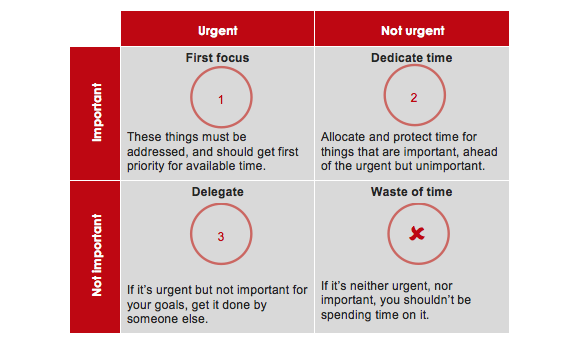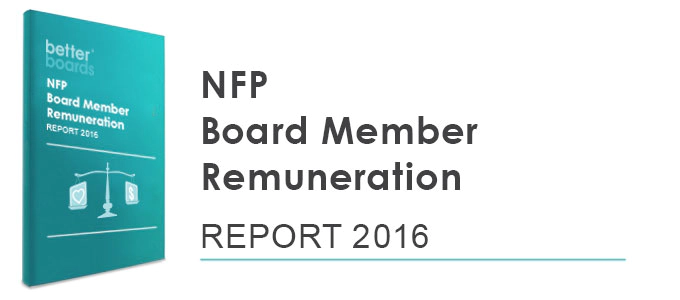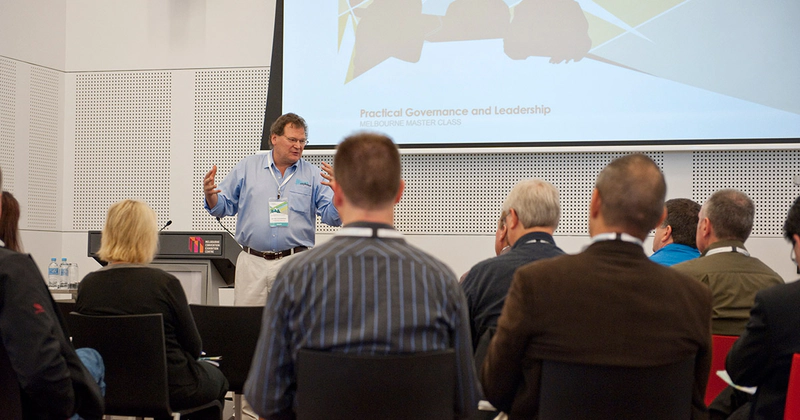productivity
How Well Is Your Board Managing its Scarcest Resource?
Published: October 10, 2016
Read Time: 5 minutes

As a board, the time spent together in meetings is scarce and managing it well is important for your productivity, director engagement and governance effectiveness. You only have a few hours together a month and it is important to use that time well. Even if your meetings run smoothly, attention to how you use time can help your board be more productive and effective.
Time is the scarcest resource; if it is not managed, nothing else can be
— Peter Drucker
Good time management isn’t just about starting and finishing meetings on time. It’s about what you spend time discussing during the meeting. It’s about whether you are spending time on things that are key to organisational success, that require attention at board level, and that are best dealt with by the whole group.
The Eisenhower Matrix
What is important is seldom urgent, and what is urgent is seldom important
–– Dwight Eisenhower
Former US President Dwight Eisenhower had a reputation for productivity, and he allocated time to activities using a matrix of urgency and importance.
- Important activities will help achieve your goals (board effectiveness, strong governance, organisational success).
- Urgent activities are time-bound and need immediate attention.
The idea is to assess topics based on “urgency” and “importance” and allocate time accordingly:

The matrix represents pretty tight self-discipline, particularly the elimination of tasks that are neither important nor urgent. President Eisenhower probably wouldn’t have frittered away hours on Facebook or YouTube if they’d been around in his day. Even if you don’t have Eisenhower’s tight discipline, the matrix is useful to test where you are (or should be) spending your valuable board meeting time.
Reflecting on your board’s use of meeting time
Try using the matrix to analyse your next board meeting. Look at the agenda (where the board plans to spend its time) and the meeting itself (where you actually spend your time).
- For each topic, give a rating (1-5) of how urgent it is for the organisation, and how important it is to the board.
- Based on your ratings, plot the topics against the matrix. Look at which quadrant/s you are spending most time in.
If you are spending time in quadrants 3 and 4, your board meetings might need a shake-up.
Effective use of board meeting time
Urgent and Important
These are big issues that can’t be put off, like crisis management, regulatory compliance, or CEO recruitment. To manage these effectively:
- Plan ahead. Urgent issues and deadlines aren’t always unexpected. Structure your annual board plan around key regulatory and compliance milestones.
- Prioritise your agenda. These items should come first, not down under “any other business”. Be wary of an agenda where routine topics come before ad hoc issues that are higher priority.
- Look at your decision-making processes (timing, delegations) – could the issue have been dealt with earlier, before it became urgent?
Important but Not Urgent
These are the discussions and decisions that are core to a board’s role. It might be strategic planning, values clarification, performance evaluation and feedback, or stakeholder relationship building. If you aren’t spending time in this quadrant at every meeting, it might be time to rethink things.
- Dedicate sufficient time to discuss and decide on important issues. Build them into your annual plan.
- Structure your agenda to reflect that these are your second highest priority, and stick to the agenda. Too often, these are deferred when other items run over time.
- Without a deadline, decisions can stall. If important things are getting discussed but nothing decided, external facilitation of strategy or planning sessions may help.
Urgent but Not Important
Urgent but unimportant items can distract the board from focusing on the strategic horizon. Spend too much time here and you risk being stuck in firefighting mode. For topics in this quadrant, ask:
- Can the decision be delegated (a board committee, the Chair, the management team)?
- Do we need to use meeting time for this, or can the decision be made offline (circular resolution, email)?
- If your board meetings are regularly discussing urgent but unimportant items, do you need to review organisational capability or strategy?
Not Urgent and Not Important
If something is neither urgent nor important to the organisation, having your whole board sit around the table while it’s discussed is a waste of your scarce time. To help eliminate this, ask:
- Is management appropriately empowered to deal with business as usual, so these things don’t need to come to board meetings?
- Does the agenda have standing items that are no longer relevant? An item may have been pressing or important in the past, but things have changed.
- Is board being distracted by individuals with pet issues? Deal with this through director performance feedback, and effectively keeping discussion to the agenda.
- Does the board have appropriate opportunity to socialise and network outside board meetings? While building your relationships is important, discussing the football isn’t the best use of board meeting time (this is harsh advice from a Melbournian channelling Eisenhower’s strong discipline!).
By paying attention to how you spend your time, your board could better manage one of its scarcest resources. You can do this in regular meeting evaluations (at the end of each meeting), annual performance reviews or as an ad hoc exercise. While the chair may lead the process, this is about how the whole board uses its time, and so the whole board should be involved.
Share this Article
Recommended Reading
Recommended Viewing
Author
-
Board Member
Common Equity Housing Limited
- About
-
Brodie is an experienced public sector executive and lawyer. Non-executive director with experience on boards in housing, community services and the arts.
Having held executive positions in the Victorian public sector, she has extensive experience providing governance advice in complex operating environments. She brings over a decade of public sector experience, in justice, transport and infrastructure portfolios.
Brodie was previously Director of Governance and Strategy at TMS Consulting and at the time of writing holds a position in the Department of Economic Development as well as sitting on the board of Common Equity Housing Limited.
Found this article useful or informative?
Join 5,000+ not-for-profit & for-purpose directors receiving the latest insights on governance and leadership.
Receive a free e-book on improving your board decisions when you subscribe.
Unsubscribe anytime. We care about your privacy - read our Privacy Policy .










